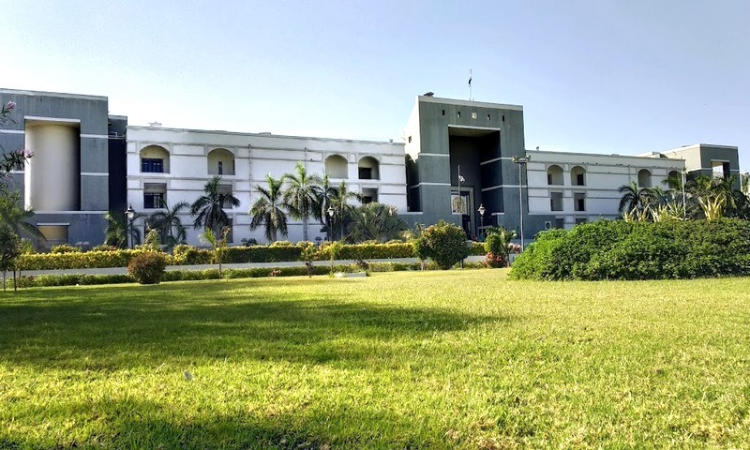Suspension Period Cannot Be Treated 'Wholly Unjustified' In Case Of Partial Exoneration: Gujarat High Court
PRIYANKA PREET
10 July 2022 10:11 AM IST

Next Story
10 July 2022 10:11 AM IST
The Gujarat High Court has dismissed the petition filed by an employee seeking that his period of suspension be treated as 'regular' on the ground that the Petitioner had been charge-sheeted and was only partially exonerated from the charges against him. Justice Biren Vaishnav observed: "Only when an employee is partially exonerated, would the authority need to decide the...
